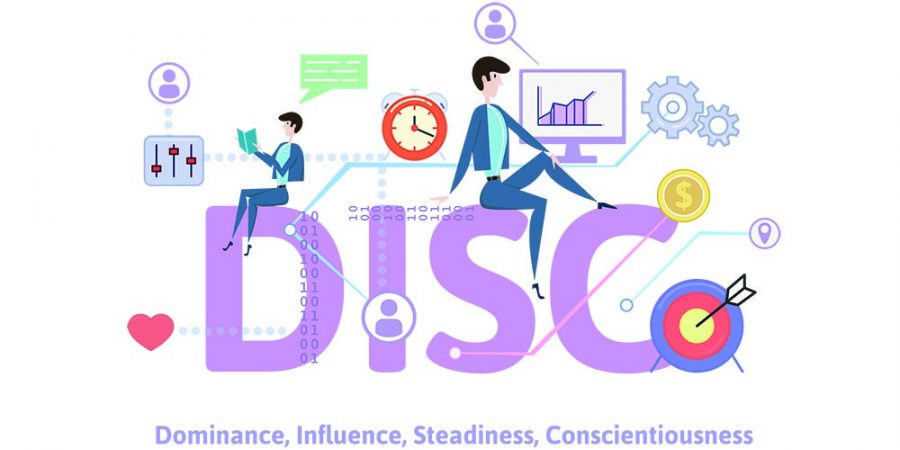What Is DISC? Part I: Achieving Success Through DISC Employee Behavior and Personality Assessments
Do you know about DISC employee behavior? Ever wonder why certain people are in certain roles? We’ve all been there: dealing with a salesperson who discusses all the technical specs of a new product but who fails to listen to the features the customer really wants. And surely most of us have worked with a manager who isn’t suited to directing a team.
These people may be well-meaning and hard-working, but they’re destined to struggle in their professional roles due to a mismatch between their personalities and the requirements of the job.
Companies of all shapes and sizes (including auto dealers) can avoid this kind of mismatch and help employees succeed by learning about DISC employee behavior, profiles, and assessments.
What Are DISC Assessments?
DISC is a behavior assessment tool based on a theory first researched by Dr. William Moulton Marston in the early 20th century. According to Marston’s theory, people express their emotions by using four different behavior types. Those behavior/personality types are:
Dominance — Someone with a D style is very direct, forceful, and decisive. They’re ego-driven, confident, and enjoy taking on risks and challenges. Their motivations are securing independence and gaining power. Dominant personalities fear being taken advantage of; they may also struggle with patience, routine, and authority.
Influence — Those who fall more on the I quadrant are enthusiastic, optimistic, and very trusting of others. They tend to be warm and talkative and someone who loves motivating a team and collaborating with others. They enjoy receiving praise and recognition, as well as building relationships. I-styles are not known for their attention to detail and may be more focused on seeking popularity than getting tangible results. Their biggest fear is rejection.
Steadiness — People who fall in the S quadrant are very predictable, friendly team players. They’re good listeners who are compliant towards authority. These individuals are highly motivated by gaining safety and security. Due to this, they can be slow to adjust to change and greatly fear any perceived loss of security.
Conscientiousness — Individuals who range towards the C sector are highly detail-oriented and conscientious. Analytical and precise, they gather, criticize, and test information before making a decision. C-styles are driven by their high standards for quality and seek out detailed tasks that involve limited social interaction. They can easily get wrapped up in minute details, however, and prefer to go along with others rather than argue due to their deep fear of criticism.
How is DISC Employee Behavior the Key to Success?
By utilizing DISC assessments during the hiring of new employees, management can ensure that they’re filling a position with the person who is most likely to be motivated by and succeed in that role. For example, hiring someone who is primarily a C-style for role that requires them to lead large teams while making decisions based on the big picture will likely result in frustration on the part of that employee, their teams, as well as the company as a whole. DISC assessments can help match candidates with the right roles from the start to ensure long-term success and company growth.
How Do DISC Assessments Work?
DISC assessments are a universal language that helps translate how people feel in to the actions they tend to take in different situations. They’re a highly practical tool to help hiring managers place employees in the role that’s best suited to their emotional/behavioral style. They’re also a useful coaching tool for leadership to better understand how the individuals on their teams work, communicate, and are motivated.
Doing a DISC assessment doesn’t involve a visit from a doctor or psychologist; it simply involves filling out a questionnaire and having the responses analyzed to compile the results.
In Part II, we’ll discuss how DISC can benefit auto dealerships and arm their teams to work towards success.


